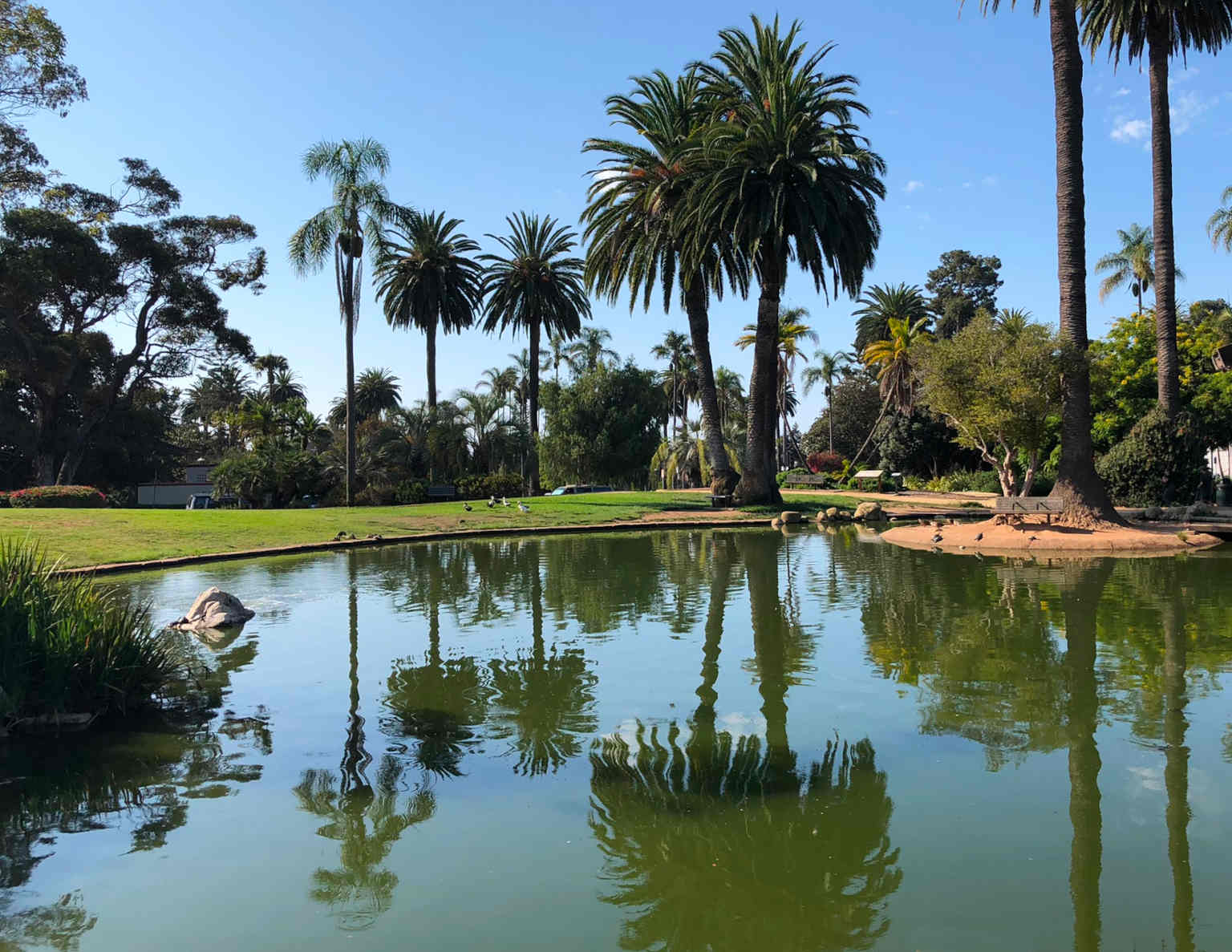It’s Important to Look at Your Feelings and Find Words for Them

Podcast: Download
Subscribe: Apple Podcasts | RSS
PHIL: I wrote this reply to a comment on last week’s blog:
I have for some time been fascinated with the idea that language is a recent addition to our understanding of the world and has been so successful that we no longer pay attention to our own non-verbal understanding (I wrote about it here.) Of course, the idea of our subconscious is not new – see Freud etc. – but framing it in this way has helped me in finding where “my thinking resonates with my feelings” as you put it.
The Age of Reason was when much attention was paid to the rational aspect of humans. It gave rise to science and democracy, but in the last century or so, the influence and necessity of emotions in making decisions has become clear. Antonio Damasio studied patients who had brain damage that made them unable to experience emotions. Despite still passing cognitive tests, they could not make decisions about even the simplest of things like whether to use a blue or a black pen.
Our decisions are emotional as much as rational, yet we live so much in the world of words that it can be hard to recognize and name the feelings that underlie our actions. Very often, the reasons we come up with to explain those actions are simply the best excuse we can find to explain our emotional choice.
In a relationship, this is how conflicts can happen. Some situation causes a feeling to arise. It appears as an unease, an irritation with no apparent cause. You look for the reason outside yourself – it must be due to indigestion or how your partner is acting or the neighbor’s dog barking. And that is how an argument starts.
The way through this miasma is to try to avoid the words as much as possible and look for the feelings. Hard, because they don’t come with words attached; it is like groping blindfolded in a bath of ice water trying to find the soap.
But when you do find them, they have a truth that is solid. To quote the comment again, “my thinking resonates with my feelings.” When you offer those feelings to someone else instead of only your reasoning, there is a good chance the other person is moved by your feelings, not your logic. (This occurs through mirror neurons.) In this way a conversation takes place that involves the whole of both of you, and somewhere, you will discover that you are both human.We live so much in the world of words that it can be hard to recognize and name our feelings #quote Share on X
MAUDE: Some thoughts to what Phil wrote:
I would add that when you stop and search for your true feelings within a given situation, a number of new possibilities arise that can be very helpful in communicating and in replacing potential bad feelings with the potential for resonance and positive outcomes.
Once you know how and why you are responding to a given situation, what you are feeling, then you can formulate those feelings and put them into words. This enables you to communicate about yourself and frees the other person from the natural defensive stance of assuming your “unease” or “irritation” is about them.
They can hear you much better when they aren’t in a defensive posture. They become free to find which feelings you are expressing that they can resonate with. Its often the case that this leads to finding more resonance than disharmony.
I would add that as “a conversation takes place that involves the whole of both of you” that not only will you discover that you are “both human” but you will much more easily realize that you are also both on the same side. This understanding is the underlying connection that allows peaceful harmonious relationships.
Photo credit: Maude Mayes
Photo note: Alice Keck Park Memorial Garden in Santa Barbara
Read what some other writers have to say on this topic.
Get our free weekly newsletter about how to have a harmonious relationship.
I so loved the ending of this fabulous blog post: “realize that you are also both on the same side. This understanding is the underlying connection that allows peaceful harmonious relationships.” — The fact that this is the essence of your teachings is so beautiful, and I so needed to hear it said in this way! Forever grateful for your loving service! 🙂
Dear Jinjee,
I am so glad that this resonated with you! If you haven’t yet read our recent blog on “realizing you are on the same side” you might enjoy that as well https://philandmaude.com/how-it-helps-to-remember-youre-on-the-same-side-in-relationships/
wishing you the best
love
Maude
Thank you so much Maude.
I appreciate you taking the time to respond personally! And for sending me a link to more about this particularly fascinating part of your method of peaceful relating! It couldn’t have come at a better time!
Jinjee
Merci beaucoup
Très bon article
Très éclairant
Marlene
(Thank you very much
Very good article
Very enlightening)